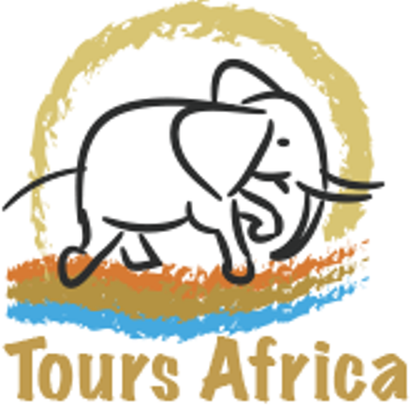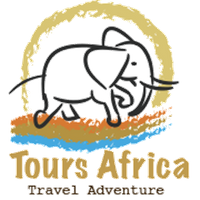- Home
- Destinations
- Activities
- Education
- Accommodation
- General
- Travel Safety
- About Us
- Blog
- Contact Us
- Sign in
- Home
- Destinations
- Activities
- Animals
- Safari
- Wildlife Sanctuaries
- Multi Day Safari Tours
- City
- Cultural Experiences
- Sightseeing Tours
- Wine Tours
- Multi Day City Tours
- Mountain
- Abseiling
- Canyoning
- Hiking
- Paragliding & Skydiving
- Ziplining
- Ocean & River
- Boat Tours
- SUP & Kayaking
- Surfing
- Whale Watching
- White Water Rafting & Tubing
- Ocean, Rock and Surf Fishing
- Trail & Track
- Bike Tours
- Horse Riding / Trails
- Quad Biking
- Sandboarding
- Team Building
- Underwater
- Great White Shark Cage Diving
- Sardine Run
- Scuba Diving
- Snorkelling
- Multi Day Diving Tours
- Education
- Accommodation
- General
- Travel Safety
- About Us
- Blog
- Contact Us

Is SA Government Red-Tape Threatening the Tourism Industry?
by Shannon De Kock August 28, 2018
In 2004, regulatory compliance, also known as red tape, cost South African businesses R79 billion, an amount equal to 6,55% of GDP, according to a study by SBP. One such industry that is being affected is the tourism industry.
According to a recent Daily Maverick article by Ivo Vegter, an industry publication reported that regulatory delays are even forcing tour operators to turn away work.
Examples of problems relating to red-tape are lengthy application forms that do not cater to tourism companies, endless delays in issuing accreditation permits and vehicle operating licences and unnecessary requirements tourism operators must meet.
The South African government is well aware of this issue as mentioned by President Cyril Ramaphosa, in his 2018 State of the Nation Address:
“This year, we will enhance support for destination marketing in key tourism markets and take further measures to reduce regulatory barriers and develop emerging tourism businesses.”
These promising words cause a flicker of hope for one of South Africa's booming sectors.
He also said: “Tourism provides our country with incredible opportunities to, quite literally, shine. Tourism currently sustains 700,000 direct jobs and is performing better than most other growth sectors. There is no reason why it can’t double in size.”
"Improving the regulatory environment will take hard work", says Chris Darroll, Executive director at SBP. "Better information-gathering by both government and the private sector is crucial to this endeavour. However, unlike improvements in education or health, results can be seen relatively quickly."
"What’s more, the socio-political costs of much regulatory reform are low: nobody was ever elected to parliament on a promise to increase red tape. Well-informed, well-designed regulatory reform presents an opportunity to accelerate growth and development that South Africa cannot afford to miss."
Reference of sources:
Counting the cost of red tape for tourism in South Africa
Daily Maverick article by Ivo Vegter
Leave a comment
Comments will be approved before showing up.
Also in Tours Africa Travel Blog

BEFREITE PASSINHABER FÜR VISA FÜR SÜDAFRIKA KÖNNEN OHNE VORHERIGE ANKÜNDIGUNG GEÄNDERT WERDEN
by Petrus Viviers February 07, 2023

I TITOLARI DI PASSAPORTO ESENTI PER I VISTI SUDAFRICANI SONO SOGGETTI A MODIFICA SENZA PREAVVISO
by Petrus Viviers February 07, 2023

SARDINE RUN SOUTH AFRICA À QUOI S'ATTENDRE ET CE QUE VOUS DEVEZ SAVOIR. QU'EST-CE QUE LA SARDINE RUN.
by Petrus Viviers January 27, 2023
Follow
Tours Africa | Travel Adventure!
Online Bookings. Credible Tours. Vehicle Hire. Book Flights. Travel info.



Shannon De Kock
Author